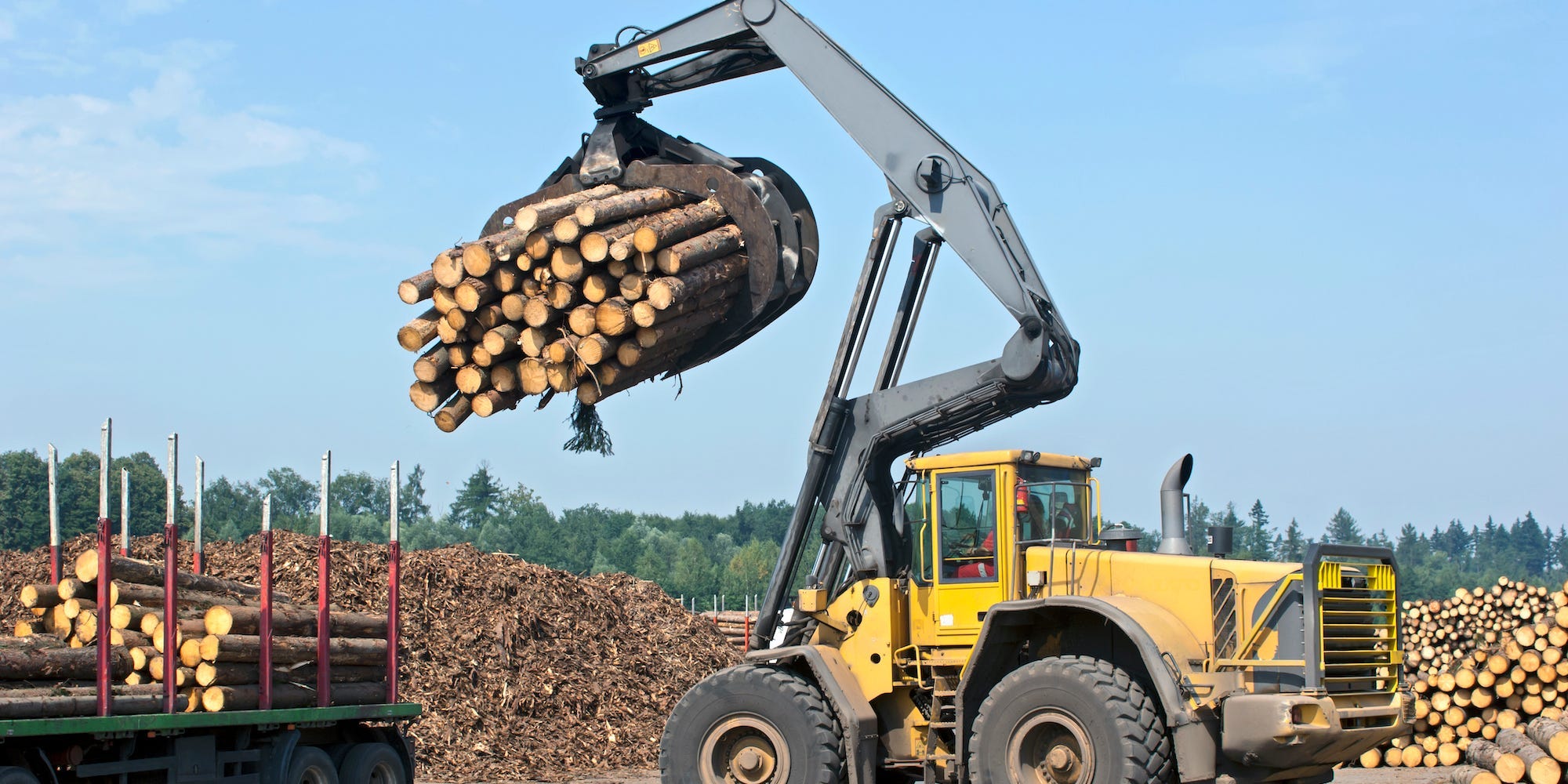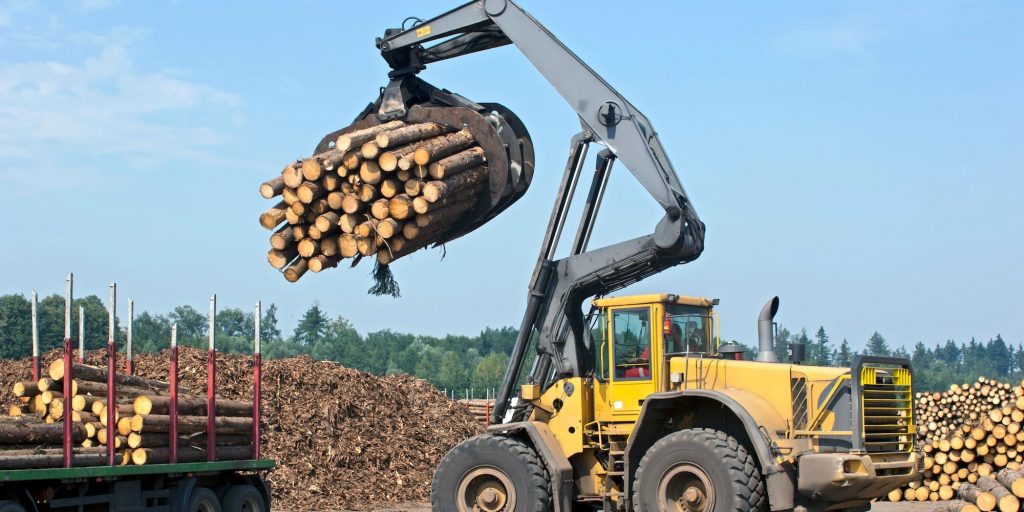
- Supply conditions in the lumber market have shifted rapidly as prices have normalized, with 49% of dealers saying they had excess inventory in July, according to a survey first reported by Bloomberg.
- 32% reported "normal" conditions and 19% reported "slightly low" inventory in July. No surveyed producers reported "very tight" inventory.
- In December, January, and February, the proportions of lumber dealers reporting tight, normal, slightly low, and excess inventory conditions were relatively stable, according to the survey.
- Sign up here for our daily newsletter, 10 Things Before the Opening Bell.
Supply conditions in the lumber market have shifted rapidly as prices have normalized, with 49% of dealers saying they had excess inventory in July, according to a survey first reported by Bloomberg.
Some dealers were facing less severe inventory build-ups: 32% reported "normal" conditions and 19% reported "slightly low" inventory last month. No surveyed producers reported "very tight" inventory in July. By contrast, in June, 19% reported very tight inventory – and in April, 40% did.
The survey, conducted by John Burns Real Estate Consulting, took the temperature of lumber dealers and manufacturers doing over $25 billion in collective sales.
From over $1,700 per thousand board feet in May, lumber prices now rest below $500. The wild price gyrations at first pushed producers to dial up output. At the same time, nearly everyone dealing in lumber was hoarding the stuff.
"Everyone was buying more than they needed," Mike Wisnefski, a former lumber trader and CEO of MaterialsXchange told the Wall Street Journal. "There was this fear of lack of availability."
But as more supply has come online and the pace of homebuilding has slowed, too much lumber is increasingly becoming the core problem.
Before lumber's precipitous rise, supply conditions tended to be more constant. In December, January, and February, the proportions of lumber dealers reporting tight, normal, slightly low, and excess inventory conditions were relatively stable, according to the survey.
Lumber futures were trading at roughly $505 per thousand board feet on Friday as of 11:10 a.m. ET.
